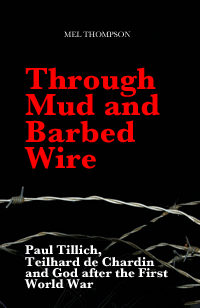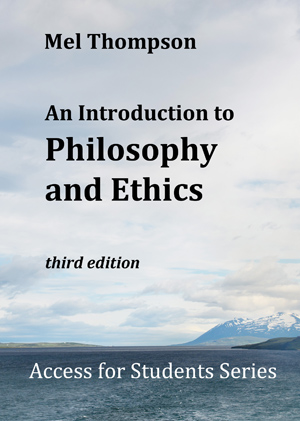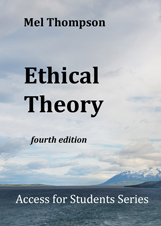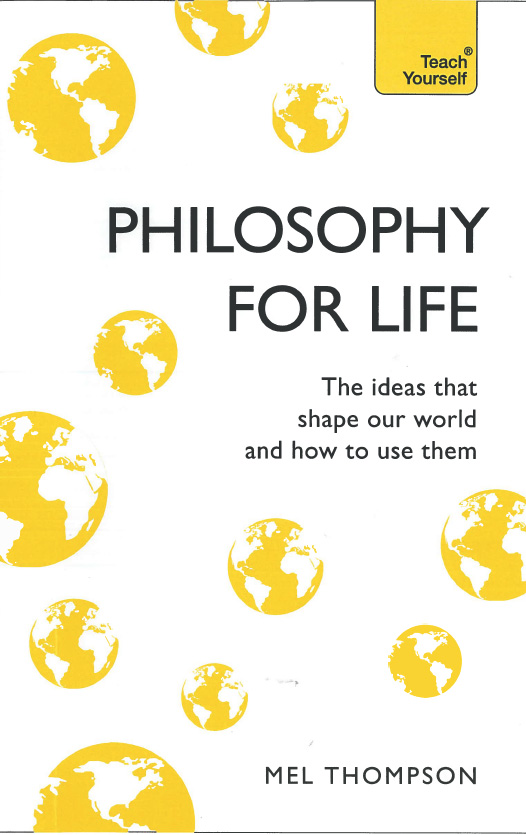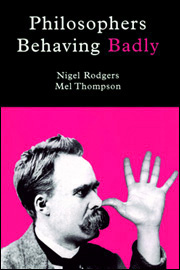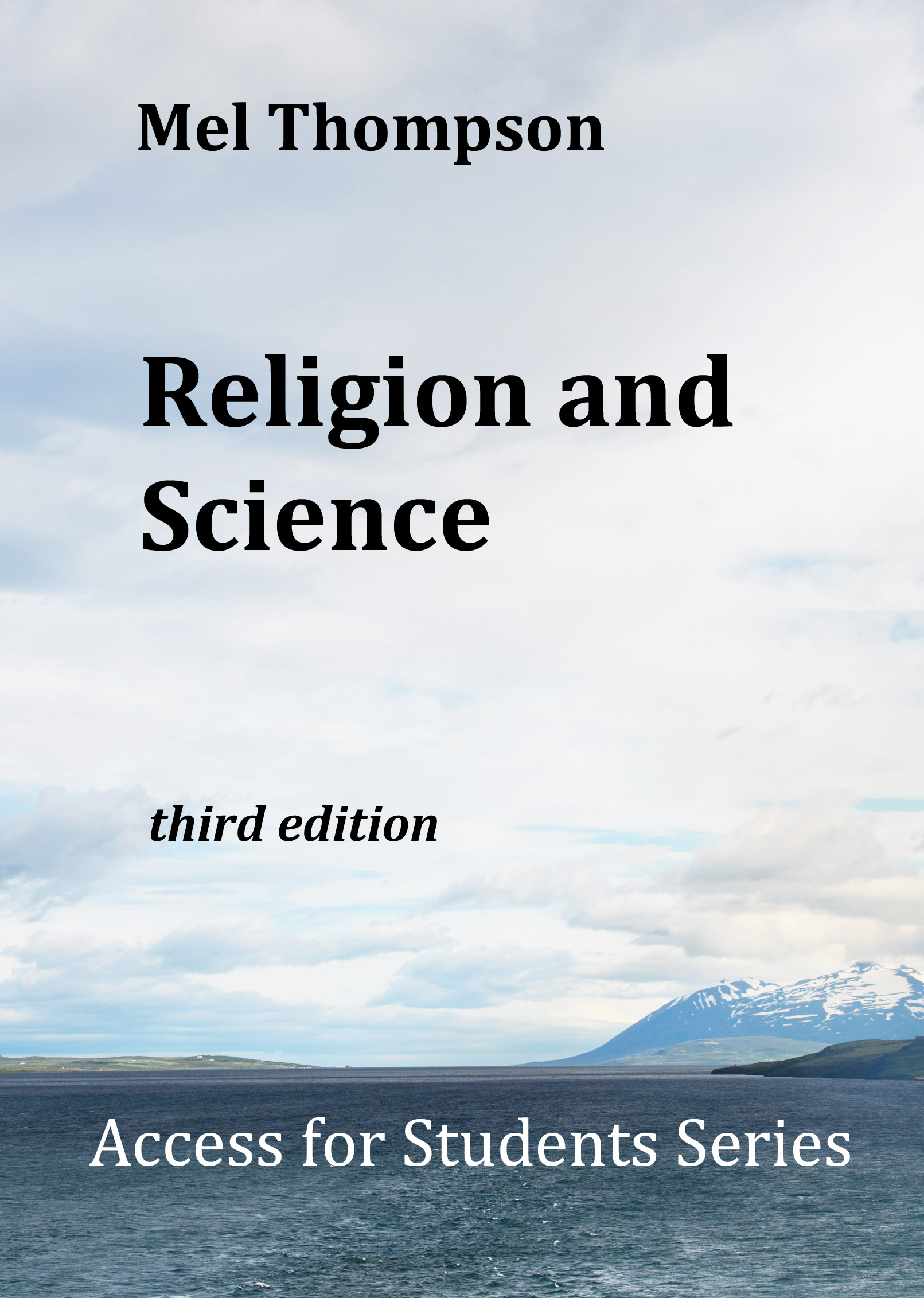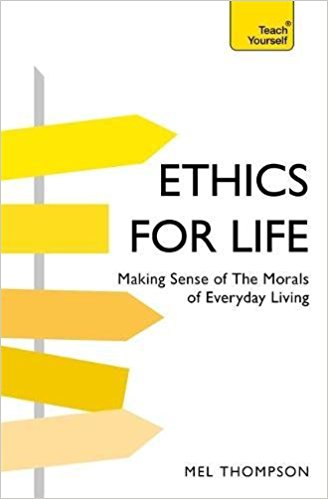Faith and Reason – some background notes
In considering the way in which reason is related to religious belief, it is useful to start by looking at two Latin phrases: credo ut intelligam (I believe in order to understand) which is found in the first chapter of St Anselm’s Proslogion, the book in which he introduced his Ontological Argument, and fides quaerens intellectum (faith seeking understanding).
Contents
The linguistic shift that ruined belief
Credo ut intelligam
Sceptical doubt is the norm for philosophy; we challenge assertions to see if they are reasonable, and assume that we should reject them if they are not. But ‘credo ut intelligam’ suggests the opposite – that, in order to understand you first need to believe. That sounds like a verbal trick. It implies that you can only understand that God exists, for example, if you first believe in him. But how can you believe in him unless you first understanding that he exists? You might accept belief in God on the basis of the authority of sacred scriptures or doctrines, but why should you believe what they say? If God does not exist, there’s no reason to accept religious teachings or scriptures as having anything other than human authority or historical interest.
But such comments are based on the assumption that God ‘exists’ (or doesn’t) in the same way as anything else in the world exists, and that it is therefore reasonable to ask for the evidence upon which the claim is based.
However, what if belief in God is NOT the same as believing that there is something in the world to which we can give the name ‘God’? That changes the whole argument. Take a political example…
- ‘Do you believe that the Conservative Party exists?’
- ‘Do you believe in the Conservative Party?’
Clearly, you can (theoretically) believe that the Conservative Party exists without knowing anything about Conservative Party attitudes and views. However, it would only make sense to say that you ‘believe in’ the Conservative Party if, having read something about their politics, perhaps also having gone along to meetings and so on, you come to agree with their views and therefore want to commit yourself to that political approach.
Surely, what Anselm is claiming is that, without faith – in other words, without getting inside the experience of committing oneself to belief in God – it is impossible to understand what the existence of God means. This forms the background to the Ontological argument, which locates God as ‘that than which no greater can be conceived.’ In other words, the focus of the argument is about a personal valuation and relationship; it is about what someone holds to be of greatest value and significance. It is not about the possible existence of something ‘out there’ in the world, separate from us – if it were, it would indeed be rational to go looking for evidence.
Only once you realise that Anselm is exploring an intuition of absolute value, can you appreciate what the Ontological Argument is about. As soon as you ask if Anselm’s argument can persuade you that God exists out there somewhere, you have already misunderstood it. Unless you allow yourself to enter imaginatively into ‘that than which no greater can be conceived’, you will never appreciate the force of his argument.
The linguistic shift that ruined belief
The Greek word pistis means ‘trust’, ‘loyalty’ or ‘good faith’, but when St Jerome came to translate it into Latin at the end of the 4th century CE, he used the word fides. That was entirely appropriate, since Fides was the Roman goddess of faithfulness – exactly what the Greek word had stood for. His problem was that there was no verbal form of fides, so he used the term credo, meaning ‘to give one’s heart’.
So far; so sensible. Those who originally recited the Christian creeds were ‘giving their hearts’ to what followed the opening word: Credo. However, in the 17th century, credo was translated into English as ‘I believe’, which was also quite appropriate, since ‘believe’ comes from the Middle English bileven, meaning ‘to prize, value or hold dear’ and is related to the German belieben, ‘to love’.
Towards the end of the 17th century, however, at least in scientific circles, the word ‘believe’ changed its meaning from love and commitment to intellectual assent. To believe something now meant to agree that it was true. And so the damage was done. Thirteen hundred years after the creeds were set out as statements of commitment and trust, they became lists of items to which one was expected to give intellectual assent.
Through until the 19th century, the term ‘belief’ retained its original meaning, and even today it lives on in the phrase ‘believe in’ rather than ‘believe that’. To say ‘I believe in you’ means you are giving someone your love and trust; you are not claiming to know that he or she actually exists!
So it was that ‘belief’ in God, as well as being a matter of the heart, also became an answer to a question that originally belonged to philosophy rather than religion: ‘Does God exist?’ Believing in God is not, was not, and certainly was never intended to be the same as asserting that God exists. In my view, that mistake has had the most terrible consequences.
Fides quaerens intellectum.
The other Latin phrase used here is fides quaerens intellectum, generally translated as ‘faith seeking understanding’. And here again, a little background to the Latin words is important. The verb intelligere, from which we the noun intellectum comes, means to perceive or understand. It is not the same as ‘to think about’ (which would be cogitere, from which we get the English word cogitate). So this phrase might better be translated as ‘you need to be committed in order to understand.’ In other words, it is about getting inside the experience of what ‘God’ means for people, in order to understand and appreciate what God is about – it’s not simply a proposition that can be examined as though it were a scientific hypothesis, or a statement about things that exist in the world, which might be confirmed by evidence.
Sadly, this subtle and important approach to the philosophy of religion has often been neglected in favour of, on the one hand, an attempt to use rational arguments to ‘prove’ (or, sometimes, just to show the likelihood of) the existence of God, and on the other an approach that denigrates the intellect almost entirely – fideism.
Fideism
Fideism is the general term for any position which puts faith as primary. At the extreme, fideists may argue that faith is contrary to reason – believing what is absurd or illogical. Moderate fideists tend to argue that faith comes first and intellectual justification may follow.
Notice that an extreme fideist position is quite contrary to the situation outlined above. If it is accepted that something should be believed whether or not it is compatible with human reason, then it is very difficult to know how one might judge between conflicting beliefs. Even if each person proclaims their own faith to be the only true one, without reason there is no way of assessing such claims.
But contrast, the position found in Anselm’s work is the more moderate one; what is first encountered by faith may subsequently find intellectual support – and, more to the point, it actually seeks such support.
Keep the above distinctions in mind as you look at the notes on Anselm’s Ontological Argument. It is not a logical trick, nor an attempt to somehow define God in a way that makes his existence certain, but a serious attempt to get inside what it means to have faith, and how one can and should use intelligence to understand what that is about.


